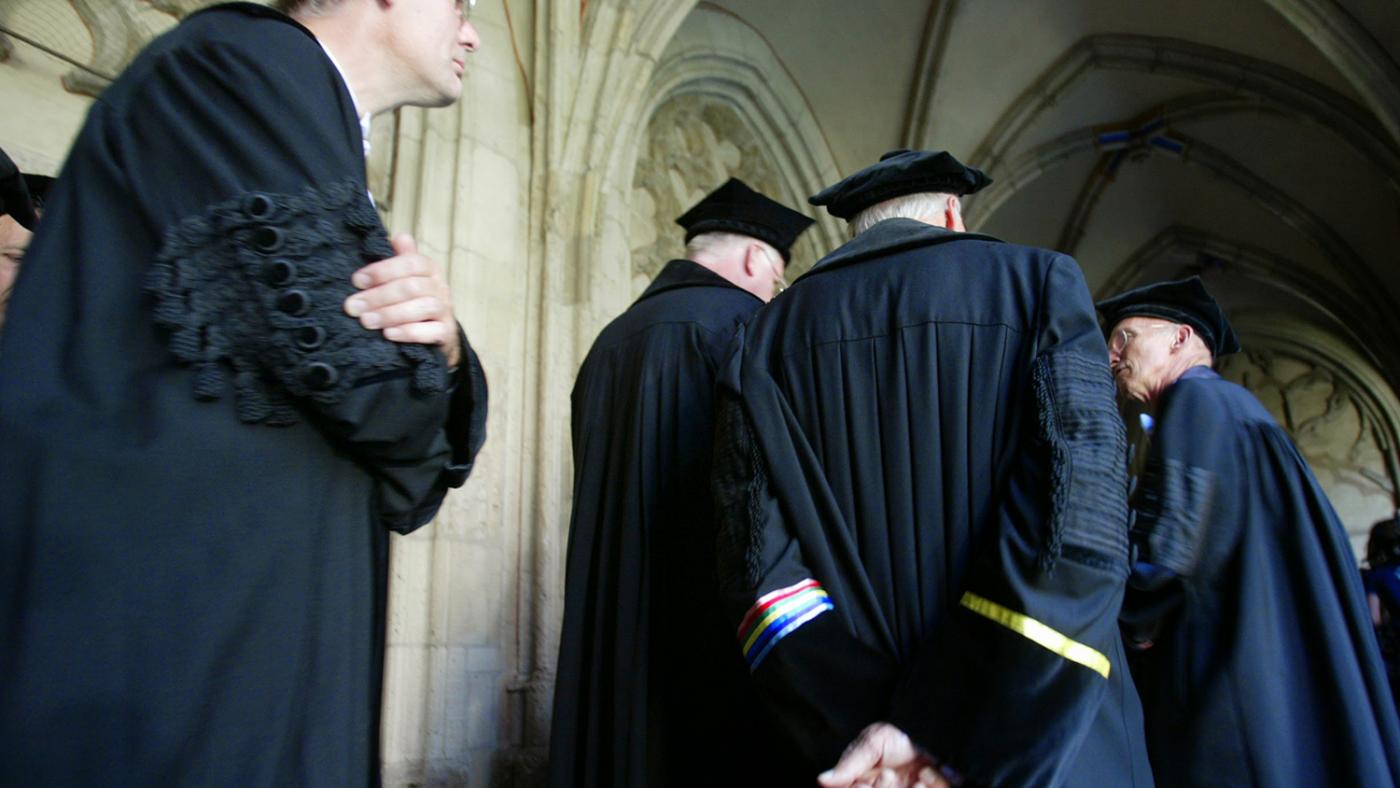For the sake of transparency
Minister of Education insists on public register for professors’ side jobs

The situation is actually quite simple, said Dijkgraaf said earlier this week on Dutch TV. By the end of this calendar year, all universities must submit a document outlining how they are going to set up a register for ancillary activities.
“This isn't optional,” declared the minister, stressing that universities should feel a stronger sense of urgency, which would lead to prioritising proper registration.
As far as Dijkgraaf is concerned, researchers who fail to report side jobs or external funding sources should face disciplinary action. But such measures would have to be taken by the universities themselves as the ministry does not plan to introduce a new legal framework.
Quagmire
Whether or not Dijkgraaf will succeed remains to be seen. The issue has been a subject of debate since 2008, and previous attempts to address it all died on the vine. Last spring, the Dutch TV show Nieuwsuur reported that, after two years of questions and litigation, the registration of professors’ side jobs and funding sources was still a quagmire. Even former ministers with professorships did not have their records in order, including Ronald Plasterk, one of Dijkgraaf’s predecessors.
Plasterk himself was the first minister to call for a national register in 2008, but it did not materialise. However, universities did agree to publish their professors’ ancillary positions on their own websites.
Those in favour of making this type of information public argue that money buys influence: if a lung doctor is sponsored by a cigarette manufacturer, for example, the public has the right to know.
In 2009, the higher education news agency HOP reported that little progress was being made on the registration of side jobs. Two years later, then-state secretary Halbe Zijlstra repeated that ancillary positions should be public record but an investigation by the magazine De Groene Amsterdammer from 2014 found no real improvements.
The former Minister of Education Jet Bussemaker, who did not report all her ancillary positions herself, as was revealed this spring, refused to set up a national register in 2013 and continuously minimised the problem during her term in office. In her view, everything was fine.
Conflict of interest
As a result, not so much action has been taken and new issues just kept cropping up. About a year ago, the news outlets De Volkskrant and Folia published articles about conflicts of interest of professors of tax law and tax economics.
This spring, the chair of the association of Dutch universities (UNL), Pieter Duisenberg, was unequivocal: “This can’t be allowed to continue. We have to do something about it. Transparency is the cornerstone of scientific integrity, so when you provide your expert opinion as an academic, everyone must be able to verify that you’re doing so independently.”
The universities’ stance has not changed since then, but there are legal and technical questions that need to be addressed, such as those related to privacy, according to UNL spokesperson Ruben Puylaert.
While the registration of ancillary activities does need to improve, a national register “would not necessarily have been our own first solution”, Puylaert says. Among other things, universities are raising awareness among staff members about the importance of reporting side jobs and funding sources.
Accusations
They might not say so explicitly, but Dutch universities are keen to protect their staff from accusations that could be cast by people scouring public records for suspicious ancillary activities. They would prefer not to make it too easy for anyone to search for professors' side jobs. As things currently stand, one has to go to the individual webpages of specific researchers to find their ancillary activities – which might not even be properly recorded, as there seems to be little oversight at the moment.
Although nothing is certain yet, chances are slim that there will be a centralised online register as Dijkgraaf envisions. It is more likely that the universities will launch a dedicated page with links to the universities’ own staff pages.
This page could also provide instructions on what to report and what not to report. Is it relevant, for instance, that a professor is on the board of their local playground? Is it OK to keep that kind of information private? Does the responsibility for recording funding sources lie with the researcher or the employer?
Whatever happens, it could very well take a year and a half or even two years to get such a website up and running. The next question is whether the current minister – or his successor – will be satisfied with the result. Either way, the topic is unlikely to be taken off the agenda anytime soon.